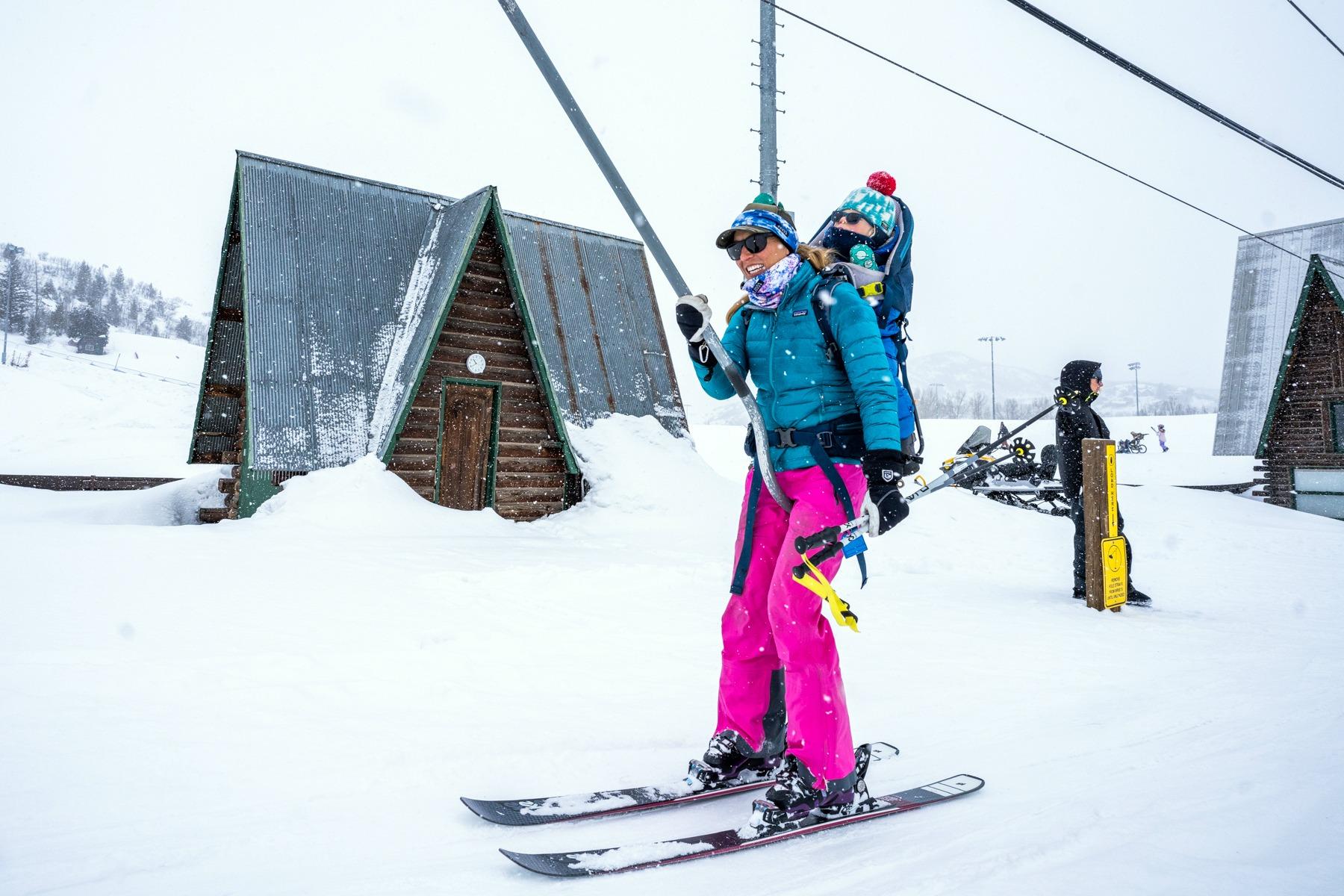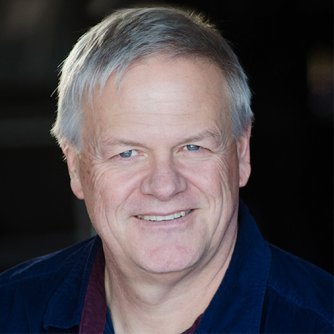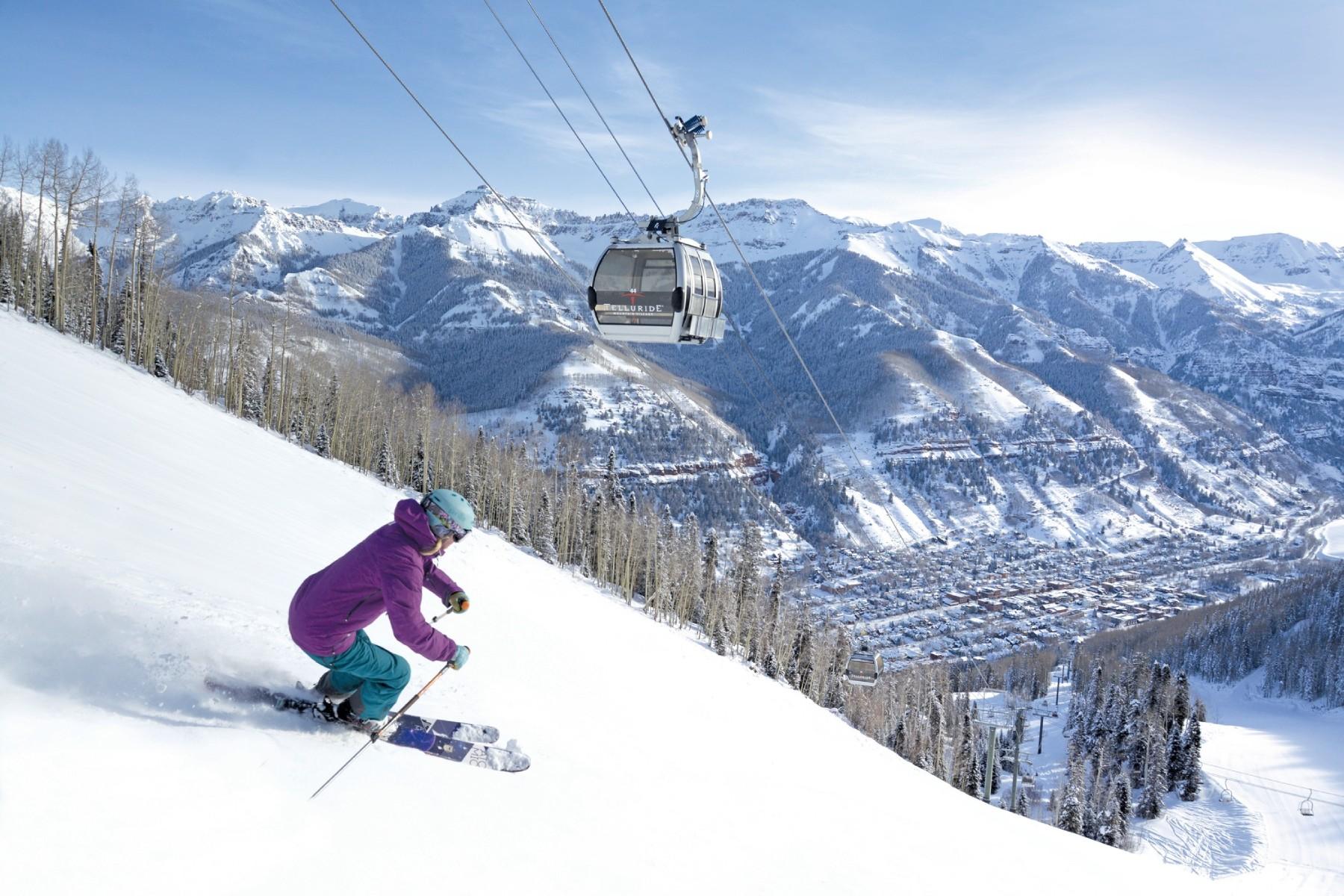
As it stands now in Denver's downtown — and most watering holes across the state — bars kick out their patrons just before 2 a.m. The state sets that closing time.
But what if cities and counties made that choice? Would later hours let bars sell more drinks and make more money?
“I think most customers would just come out later,” LoDo bar owner Issac Leon told a state Senate committee while testifying against a bill many say would help him. “The cost to our business would likely outweigh any increase in revenue.”
The bill under debate at the Capitol, HB17-1123, would allow local governments to extend bar service hours. Bipartisan sponsors say the change could help LoDo, where the state law creates a mass exodus of drunken patrons every Friday and Saturday night.
The rush strains the supply of Ubers and taxis. Assaults and fights also spike around closing time. In fact, an analysis conducted prior to 2014 found that between 1 a.m. and 3 a.m., a person is more likely to be a victim of crime in LoDo than in any other part of the city.
In contrast to Leon, Andrew Feinstein, a managing partner for the Tracks Nightclub in Denver’s RiNo neighborhood, says there would be less of a problem if customers could decide when they are ready to go home.
“We are not going to have the same problem at 4 a.m. that we have at 2 a.m.,” he told the same committee. “It gives you a chance to wind down for an hour or two, mellow out, eat some food.”
After that hearing, the committee passed the bill to full the Senate, where it’s languished under a request for data from another former LoDo bar owner — Democratic Gov. John Hickenlooper.
Fears of Drunk Driving
In a letter, the governor told legislative leaders to provide proof that different closing times between cities wouldn’t increase drunk driving offenses and harm public safety.
That echoes objections from law enforcement and Mothers Against Drunk Driving. The advocacy group opposes the bill, arguing the uniform closing time prevents bar hoppers from driving to cities where the bars are still open.
“Far too often, the search for ‘one last drink’ results in drunk driving,” said Fran Lanzer, the MADD’s executive director for Colorado.
Lanzer points to New York, where bars close between 1 a.m. to 4 a.m. A study found a higher rate of drunk driving offenses in New York counties with later bar hours. MADD said the key finding is that adjacent counties also saw higher rates, which suggests the effects of longer hours bleed across local boundaries.
Sponsors of Colorado’s bill say they have local data that supports the opposite conclusion.
Rep. Steve Lebsock, D-Thornton, said Blackhawk, Central City and Glendale already allow extended bar hours in “special entertainment districts” established under 2011 legislation.
He promised that, in the next few weeks, “those cities are going to provide evidence to the governor that extended bar hours have actually made their cities safer.” He did not detail what that evidence would be.
Ask A Bar Owner
Feinstein and Leon don’t have hard numbers for the governor, but they do have first-hand experience from closing time in LoDo.
If the bill passes, Leon worries he would have to stay open longer to remain competitive. At the same time, he said his clientele hasn’t expressed much interest in longer hours. He expects he’d be forced “to sit there and babysit someone, hoping they don’t get any drunker” and that those few stragglers wouldn’t cover his costs.
On public safety, Leon mostly defers to the “sociological professionals,” buts predicts extended hours would give his customers more time to drink, not more time to get sober.
Feinstein is the polar opposite. He expects his customers would sober up at Tracks and buy food at the club. He also sees pent-up demand for longer hours, especially during marquee events like Denver’s PrideWeek.
Beyond business, Feinstein sees the bill as good policy. Longer hours would help people get rides home. Not to mention that “if everyone is leaving bars at the exact same time, there’s no way you can police all the drunk driving issues we may have.”









